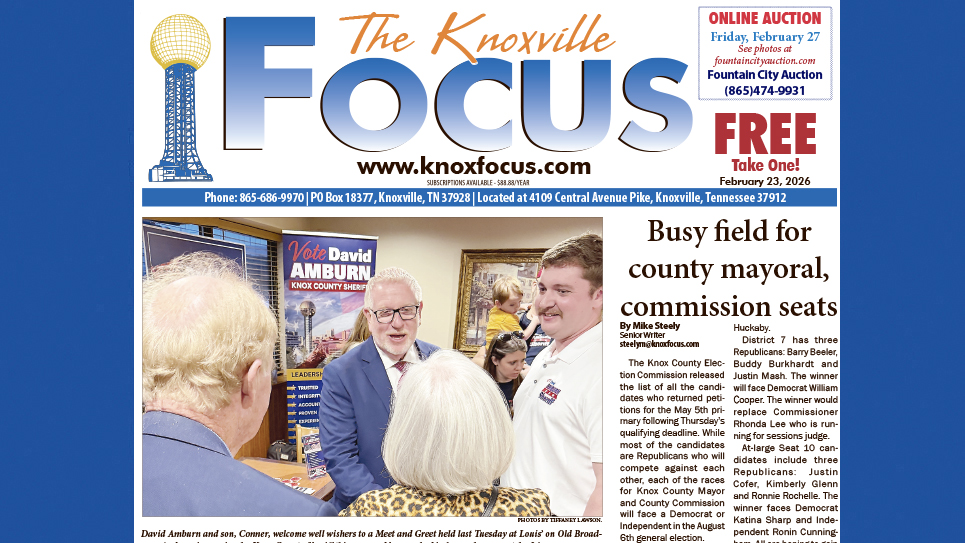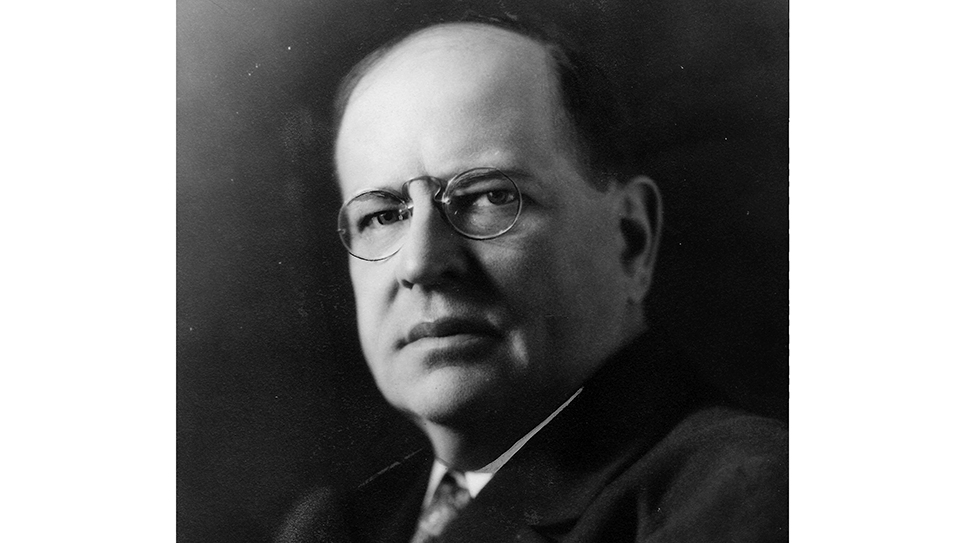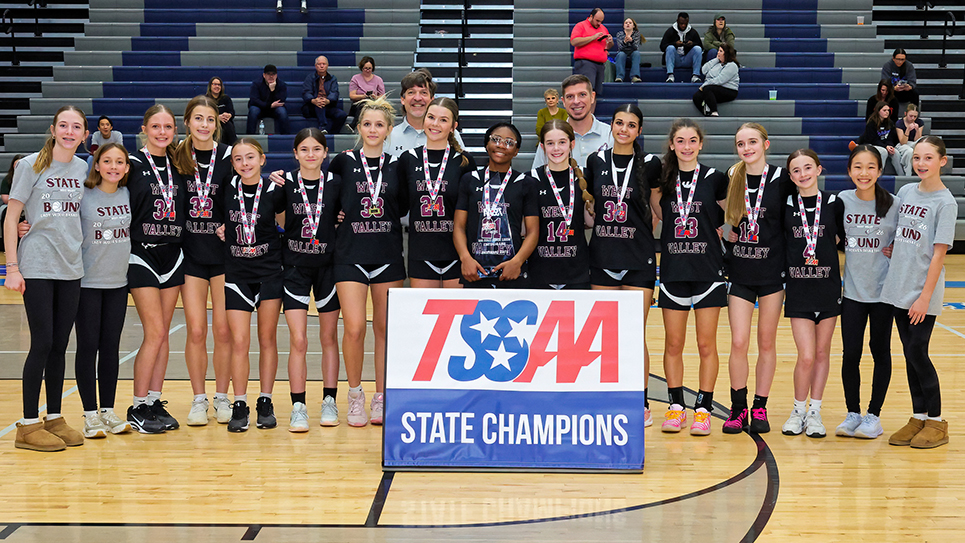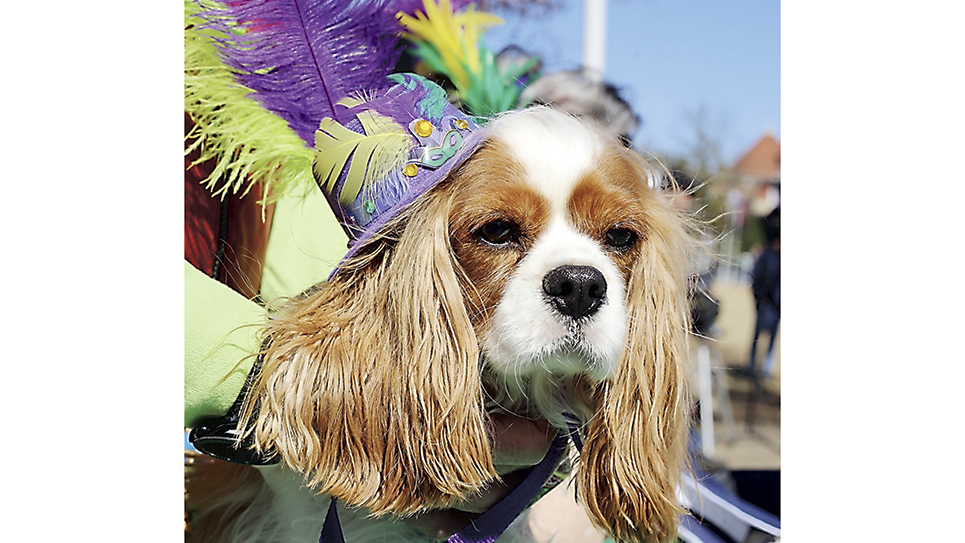‘Get a quarterback’
By Tom Mattingly
When Tennessee was building a new press box in 1962, Gen. Bob Neyland laid down a challenge to media covering the Vols. “We’re going to build the best press box in the country,” he said. “We hope it will improve the writing that’s done there.”
That was just one of a number of famous quotations that have helped define the history of Tennessee athletics, particularly in the football program.
In November 1963, in the midst of the Vol search for a head football coach, Tennessee trustee and athletics board member Tom Elam asked coaching candidate Doug Dickey how to change from the single-wing to the “T” formation. Dickey had a quick and to-the-point three-word answer: “Get a quarterback.”
After the 1956 Tennessee-Georgia Tech game, writers asked Vol head coach Bowden Wyatt why Tech head coach Bobby Dodd punted on fourth-and-4 at the Vol 29 instead of going for it. Wyatt, like Dodd, a star player under Gen. Neyland, said: “Because he wouldn’t have made it.”
After meeting and eventually signing offensive linemen Bob Johnson and John Boynton, offensive linemen in the 6-3, 240-pound range, in late 1963 or early 1964, Dickey was more than pleasantly surprised: “This has to be the greatest job in the world if the first two guys I see look like that.” Both became three-year starters.
When Bob Woodruff and UCLA athletics director J. D. Morgan were discussing the site of the 1965 game, Woodruff suggested playing at the new stadium in Memphis, terming it a “neutral site.” Morgan was obviously not dazzled, saying, “Playing Tennessee in Memphis is like playing Notre Dame in Rome.” Woodruff always smiled heartily when recounting this story. The game did end up being played in the Bluff City.
Lester McClain had a clear-cut thought process about being the first African-American football player at Tennessee: “There was a time you question whether you want to pack your bags and go home. I would be lying if I said I never considered that. But I just couldn’t. I knew the next day the headlines would read, ‘Lester McClain, first black athlete, quits U. T.’”
Condredge Holloway knew whereof he spoke when he became the first African-American quarterback at Tennessee and in the SEC. “I never went out thinking I was Martin Luther King or anything like that. I went out to do my job and play football. That was as much self-survival as anything.”
Here’s what Vol cornerback Conrad Graham said in 1972 after a 14-0 win at Georgia. “I don’t know how well we played, but when the game was over, the other side didn’t have any.”
Talk about hyperbole. When U.T. Chancellor Jack Reese introduced John Majors on Dec. 3, 1976, as Tennessee’s new head coach, Jack’s opening remarks began, “After an extensive nationwide search … ” That was all he needed to say. Majors, on his way to a national championship at Pittsburgh, was the “people’s choice,” much the way Wyatt had been in 1955 before John’s junior season at Tennessee.
“It is enough for longtime residents of this community to say he was a Majors.” That’s what Haywood Harris wrote about the death of John’s brother, Bill Majors, in October 1965. That sentiment could equally have applied to any member of the Majors family.
When Neyland moved Gus Manning from Sports Information Director to Business Manager in 1960, he told Gus to do a “nationwide search” for his replacement. Gus had a ready and convenient answer. “I’ll go downstairs and see if Haywood is still in my office,” he said.
There was another media conference on March 5, 1997, when nearly everybody expected Peyton Manning to announce he was going pro. This time, the conventional wisdom was wrong.
“I made up my mind, and I don’t ever expect to look back,” said Peyton. “I’m going to stay at the University of Tennessee.” That brought a torrent of applause from the normally subdued Tennessee media conference attendees.
When John Ward announced in June 1998 that he was retiring from the Vol Network, he was succinct as always. “I have a prepared statement, and I’m going to read it. Verbatim.” There was a brief silence to let the words sink in.
“It’s time.”
“They need to give it to Henry,” Ward said on the Vol Network after the Vols, trailing 24-22 late in the 1998 Arkansas game, recovered a fumble on the Arkansas 43. Travis Henry carried the ball five times for the requisite 43 yards and the winning score, and the Vols won on their way to the BCS national championship.
When Bill Battle was asked about “class” after his final win at Tennessee, a 13-10 triumph over Vanderbilt in November 1976, his response was classic: “Class is when they run you out of town and make you look like you’re leading the parade.”
Finally, there’s nothing like a little self-promotion, a definite sense of self-confidence and self-worth.
Former offensive guard Don Denbo (1968-70) was watching practice one day when someone asked how many of his 1966-67 recruiting class colleagues could have played as freshmen. After a significant pause, Don came up with a right-to-the-point answer.
“Other than me?”
These questions and the resulting answers have been passed down through the years and have become an integral part of Tennessee football legend.






